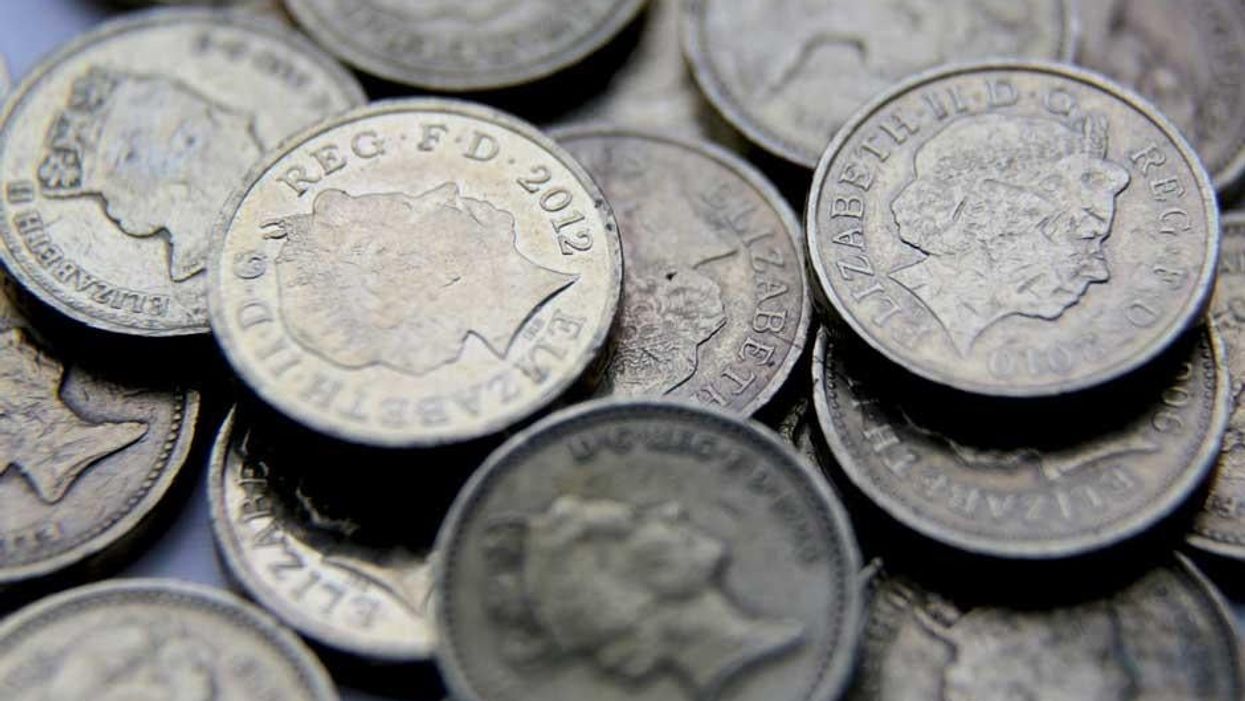News
Sean O'Grady
Aug 09, 2014

Why does Alex Salmond want to keep the pound?
Economically, it is fair to say, as the Yes campaign argues, that life would be a lot simpler. Businesses working across the border – pretty much every large and medium-sized enterprise in the land – wouldn’t have to worry about exchange rates, and tourists wouldn’t have to waste time changing cash.
Can Scotland use sterling anyway?
In terms of the money circulating in shops and maybe even in bank accounts, people are free to use whatever money they want. In collapsed economies with rampant inflation – say, Zimbabwe – the local currency is often driven out and alternative currencies are used, usually the US dollar. El Salvador, Argentina and East Timor all gave up on their own money and officially adopted the US dollar. There is nothing to stop the Scots using the pound, the euro, the US dollar, bitcoin or the Vietnamese dong, provided everyone is happy with it.
There’s more to it than that, surely?
What the Scots really want is a say in monetary policy, so that they are not just using someone else’s money but have a say in how that money is managed. Thus, they want an observer on the Bank of England’s monetary policy committee to say how a given level of interest rates might affect Scotland. This is a really vital area. The principle that “one size fits all” went wrong in the eurozone; interest rates in Spain, Greece and Ireland were set too low, even if they were about right in Germany.
Could Scotland opt for the euro?
This was once the preferred SNP policy, but the misery in many eurozone countries persuaded them to switch back to sterling.
Could the answer be a Scottish pound?
It would be a new and untried currency, and thus may not attract the best credit ratings, and so interest rates would be a bit higher for Scots homeowners and businesses. However, over a period of time it could become a “hard” currency, trusted by investors and regarded as a safe haven.
Is that it?
No. As we found in the financial crisis, a currency union also means, ideally, a banking union. That means that the Bank of England would stand by the big Scottish banks; but that would not be acceptable to rest-of-the-UK taxpayers, whose money would be used to pay for the losses the Scots had run up. The Scots might secure some help, but not the sort of gigantically expensive rescue operation the UK had to implement to keep RBS and HBOS alive. A Scottish government would certainly not be able to afford that. In reality, the banks would probably all move south, decimating the Scottish financial sector.
More: Scottish words the rest of Britain needs to adopt
More: People of Scotland: Kriss Akabusi and Cilla Black want you to stay
Top 100
The Conversation (0)












